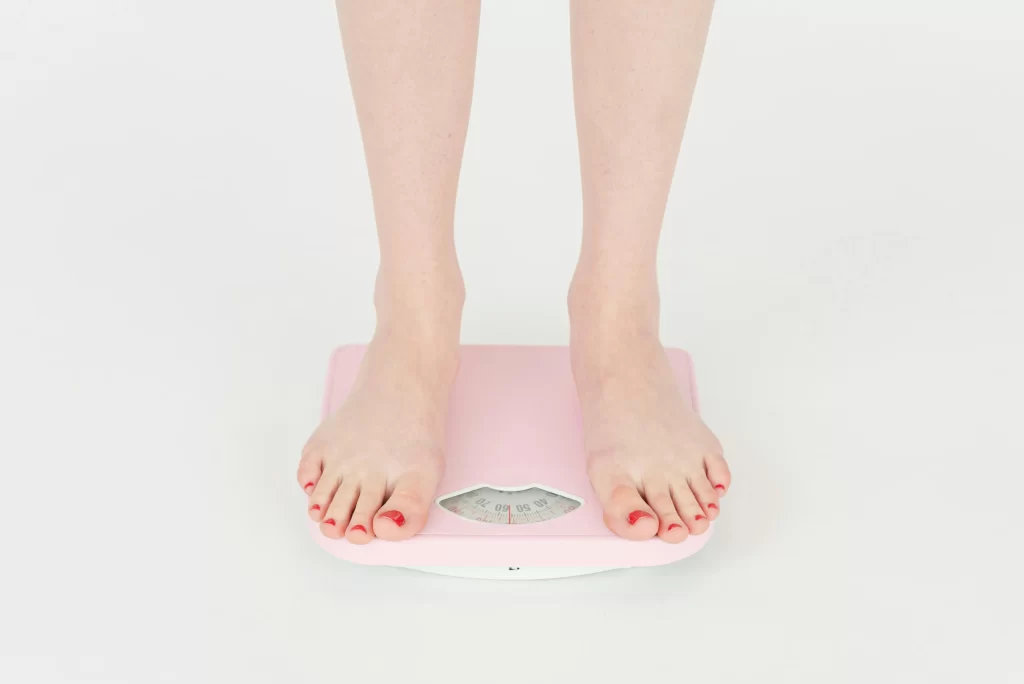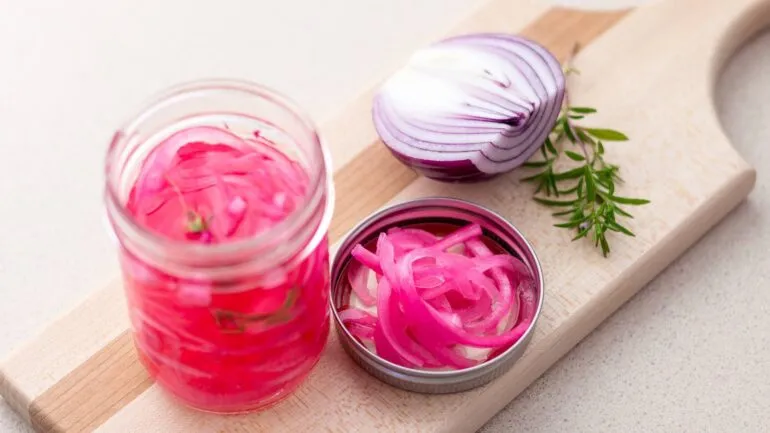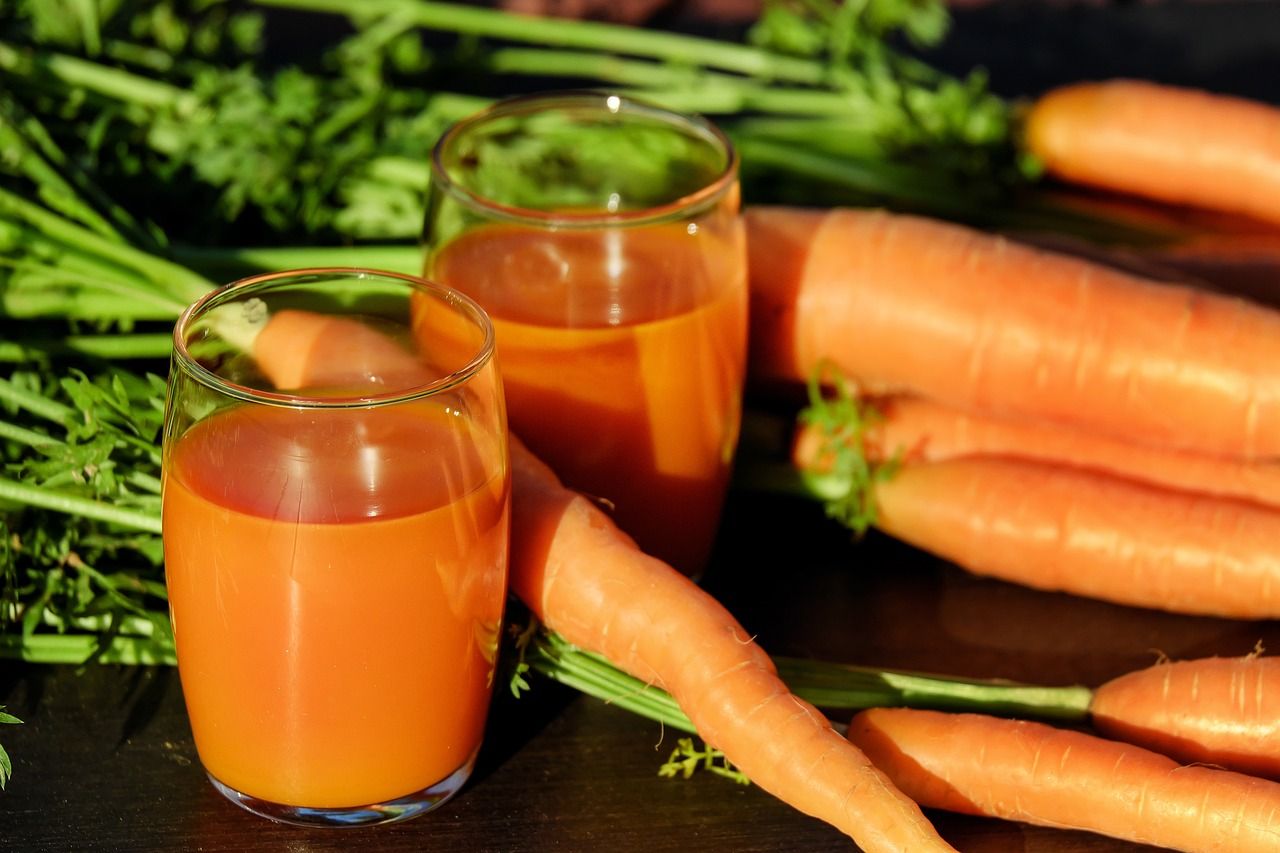Getting ready for pregnancy means making sure your body is in the best shape possible. A 28-day diet plan can help improve your chances of getting pregnant.
This plan focuses on eating foods that are good for fertility and avoiding things that might make it harder to conceive. By following this plan for 28 days, you give your body the right nutrients to help you get pregnant and have a healthy baby.
Relation between Fertility and nutrition
Your diet can affect how easily you can get pregnant. Eating nutritious foods increases your chances of getting pregnant without facing many problems.
Here are some simple tips to help boost your fertility:
- Eat lots of fruits and vegetables.
- Choose whole grain foods that are high in fiber.
- Pick foods with good fats, like those found in nuts and avocados.
- Avoid bad or saturated fats found in fried foods.
- Stay away from foods and drinks that are high in sugar.
Also, it’s important to maintain a healthy weight. Aim for a Body Mass Index (BMI) between 18.5 and 24.9 to improve your fertility chances.
How can you conceive easily in a healthier way?
Monitor Your Weight:
Keeping an eye on your weight is crucial when you’re planning to have a baby. Being either overweight or underweight can cause problems with conceiving. It’s important to strive for a healthy weight to improve your chances of getting pregnant.
Exercise Regularly:
Engaging in regular exercise or physical activities helps your body function properly, maintains healthy bones, and contributes to achieving and maintaining a healthy weight. Exercise also promotes overall well-being, which is beneficial for fertility.
Maintain a Balanced Psychological State:
A balanced psychological state is essential for optimal fertility. When you’re emotionally balanced, your body releases endorphins, which are hormones that help regulate other hormones crucial for conception.
Techniques like mindfulness, meditation, or seeking support from loved ones can help you maintain emotional balance.
Eat Nutrient-Rich Foods:
Your body needs various nutrients to support a healthy pregnancy. Incorporate foods rich in folic acid, vitamin B12, vitamin C, and other essential nutrients into your diet.
These nutrients are vital for the development of a baby in the womb. Eating a well-balanced diet ensures that you’re providing your body with the necessary nutrients for fertility and overall health.
List of foods rich in folic acid, vitamin B12, and vitamin C:
Folic Acid (Folate):
- Leafy Greens: Spinach, kale, collard greens, and Swiss chard are excellent sources.
- Legumes: Lentils, chickpeas, black beans, and kidney beans are rich in folate.
- Avocado: This creamy fruit is a good source of folate.
- Citrus Fruits: Oranges, grapefruits, and lemons are high in folate.
- Fortified Grains: Some bread, cereal, pasta, and rice are fortified with folic acid.
Vitamin B12:
- Animal Products: Meat (beef, pork, lamb), poultry (chicken, turkey), fish (salmon, tuna, trout), and shellfish (clams, mussels, crab) are the best sources.
- Dairy: Milk, cheese, yogurt, and eggs contain vitamin B12.
- Fortified Foods: Some plant-based milk alternatives, breakfast cereals, and nutritional yeast are fortified with vitamin B12.
Vitamin C:
- Citrus Fruits: Oranges, lemons, limes, and grapefruits are rich in vitamin C.
- Berries: Strawberries, blueberries, raspberries, and blackberries are excellent sources.
- Kiwi: This tropical fruit is packed with vitamin C.
- Bell Peppers: Red, green, and yellow bell peppers are high in vitamin C.
- Broccoli: This cruciferous vegetable is a nutritious source.
- Tomatoes: Fresh tomatoes and tomato products like tomato juice are rich in vitamin C.
The danger of Anemia in pregnancy
Anemia is a condition where your body lacks enough healthy red blood cells to carry adequate oxygen to your tissues. Here are some common symptoms to watch out for:
- Shortness of Breath: Anemia can lead to decreased oxygen supply to your body, causing you to feel short of breath even with mild exertion.
- Tiredness and Exhaustion: A lack of oxygen in your body due to anemia can leave you feeling constantly tired and exhausted, regardless of how much rest you get.
- Heart Palpitations: You may experience a sensation of heart palpitations or irregular heartbeats as your heart tries to compensate for the decreased oxygen levels in your blood.
- Pale Skin: Anemia can cause your skin to appear paler than usual due to reduced blood flow and oxygenation.
If you notice any of these symptoms, it’s important to seek medical attention promptly. A healthcare provider can diagnose anemia through blood tests and recommend appropriate treatment, which may include dietary changes, iron supplements, or other interventions depending on the underlying cause and severity of the condition.
Early detection and treatment of anemia can help prevent complications and improve your overall well-being.
What are the Essential Nutrients for Pregnancy?
During pregnancy, it’s crucial to ensure you’re getting the right nutrients to support the health and development of both you and your baby. Here are some essential nutrients and their sources:
Folic Acid:
Folic acid is vital for the development of the baby’s neural tube, which forms the brain and spinal cord. It also plays a role in the production of DNA and RNA.
Sources: Leafy greens (such as spinach and kale), fortified cereals, beans, lentils, citrus fruits, and avocado.
Vitamin D:
Vitamin D is important for maintaining strong bones and teeth in both the mother and the baby.
Sources: Sunlight exposure, fortified dairy and non-dairy products (like milk and yogurt), fatty fish (such as salmon and mackerel).
Vitamin E:
Vitamin E supports reproductive health and may aid in fertility.
Sources: Nuts and seeds (such as sunflower seeds and almonds), avocado, spinach, vegetable oils (like sunflower oil), fish oil.
Vitamin B6:
Vitamin B6 is essential for hormone regulation and may help in fertility. Women taking contraceptive pills may have lower levels of vitamin B6.
Sources: Fish, poultry, bananas, avocados, spinach, sunflower seeds.
Vitamin B12:
Vitamin B12 is crucial for neurological development in the fetus and overall pregnancy health.
Sources: Animal products (such as meat, fish, eggs, dairy), fortified foods (like cereals), nutritional yeast (for vegans).
Iron:
Iron is necessary for the production of hemoglobin, which carries oxygen to cells and tissues. Pregnant women are at risk of developing anemia due to increased blood volume.
Sources: Red meat, poultry, fish, beans, lentils, tofu, fortified cereals, spinach, dried fruits (such as raisins and apricots).
It’s important to consume a balanced diet rich in these nutrients to support a healthy pregnancy. If you’re unable to meet your nutritional needs through diet alone, prenatal supplements may be recommended by your healthcare provider.
Always consult with a healthcare professional before making any significant changes to your diet or supplement regimen during pregnancy.
28 days diet plan for pregnancy naturally and healthy:
1st Week:
Breakfast:
Choose between options like an egg sandwich, omelets with cheese toast, or vegetable upma. Pair it with a cup of skimmed milk.
Mid-Meal:
Have a serving of fruits like papaya, orange, or grapefruit.
Lunch:
Enjoy veg pulao rice or roti with lentils and beans vegetables. Add a side of low-fat curd.
Evening:
Have a cup of green tea with a couple of ragi or wheat cookies.
Dinner:
Opt for three roti with green vegetables, vegetable soup, or paneer tikka.
2nd Week:
Breakfast:
Start your day with cereals and milk, bread toast, poha, or idli.
Mid-Meal:
Snack on fruits like strawberries, raspberries, or avocado.
Lunch:
Have four roti with salad and spinach vegetables or mixed vegetables with dal.
Evening:
Enjoy a beetroot salad, fruit salad, or some dried fruits.
Dinner:
Choose between three roti with mixed vegetables and tomato chutney, vegetable dalia, or fruit custard.
3rd Week:
Breakfast:
Have rice dosa with egg roast, brown bread sandwich, or a cup of skimmed milk.
Mid-Meal:
Grab a serving of fruits like papaya, strawberries, raspberries, or avocado.
Lunch:
Enjoy rice with kidney beans curry and cucumber salad, or paneer curry with mixed vegetables.
Evening:
Sip on a glass of lemon juice and snack on poha with nuts.
Dinner:
Have wheat dosa with bitter gourd sabzi, vegetable soup with bread toast, or vegetable salad with curd.
4th Week:
Breakfast:
Start your day with paneer paratha with green chutney, dosa, or vegetable upma.
Mid-Meal:
Snack on fruits like oranges, grapefruit, strawberries, or raspberries.
Lunch:
Enjoy four chapati with beans, vegetables, and split pea curry, or rice with dal and mixed vegetables.
Evening:
Treat yourself to some carrot halwa, dried fruits, or refreshing coconut water.
Dinner:
Have roti with green beans sabji, mixed veg curry, and vegetable dalia.
You may also like to read:
Tips for Conceiving:
1. Reduce Stress:
Stress messes up your hormones and can disrupt your ovulation cycle, making it harder to conceive. Try to relax and manage stress levels.
2. Manage your caffeine:
Too much caffeine can affect fertility. Limit your intake to 1-2 cups a day to improve your chances of getting pregnant.
3. Keep away from alcohol:
Alcohol can increase the risk of miscarriage and stillbirths. It’s best to avoid alcohol altogether when trying to conceive.
4. Quit smoking:
Smoking can harm fertility in both men and women. It’s important to quit smoking if you’re trying to get pregnant to improve your chances of conceiving.
How Can I Help You?
As a nutritionist, I’ve found that a personalized diet chart from an expert nutritionist is incredibly beneficial for individuals looking to conceive naturally. These charts are tailored to suit individual nutritional needs after a comprehensive analysis of the body’s requirements.
By following these customized plans, individuals can optimize their diet to support their fertility goals effectively. You can contact me here, for consulting about your customized diet chart if you are trying to conceive.
Frequently Ask Questions (FAQ’s)
How does the 28-day diet plan aid in getting pregnant?
The 28-day diet plan is designed to provide essential nutrients and promote overall health, which can enhance fertility and increase the chances of conception.
Is this diet plan suitable for everyone?
While the diet plan is generally beneficial for promoting fertility, individual dietary needs may vary. It’s advisable to consult with a healthcare provider or nutritionist before starting any new diet plan, especially if you have specific health concerns or dietary restrictions.
Can men also follow this diet plan to improve fertility?
While the diet plan primarily focuses on supporting women’s fertility, adopting healthy eating habits can also benefit men’s fertility. Consuming nutrient-rich foods and maintaining a healthy lifestyle can positively impact sperm quality and overall reproductive health.
Are there any specific foods to avoid during this diet plan?
While the diet plan emphasizes nutritious foods, it’s advisable to limit or avoid certain foods that may negatively affect fertility, such as processed foods, sugary snacks, excessive caffeine, and alcohol. Additionally, individuals with specific dietary sensitivities or allergies should avoid foods that trigger adverse reactions.
How long should I follow the 28-day diet plan before expecting results?
Results may vary for each individual, and factors such as overall health, lifestyle, and underlying medical conditions can influence the timeline for achieving desired outcomes. It’s essential to stay committed to the diet plan and allow sufficient time for the body to adapt to healthier eating habits and optimize fertility.
Can supplements be incorporated into the diet plan?
Supplements may complement a healthy diet by providing additional nutrients that may be lacking. However, it’s essential to consult with a healthcare provider or nutritionist before adding any supplements to ensure they are safe and appropriate for your specific needs.
What if I have difficulty following the diet plan or have questions along the way?
If you encounter challenges or have questions while following the diet plan, it’s recommended to seek guidance from a qualified healthcare professional or nutritionist. They can offer personalized advice, address concerns, and provide support to help you navigate the process effectively.
Conclusion
In conclusion, adopting a nutritious diet is fundamental to fostering a healthy conception process. This 28-day meal plan serves as a valuable tool in promoting fertility and supporting overall well-being. By prioritizing healthy eating habits, you lay a solid foundation for a brighter and healthier future for both you and your baby.














